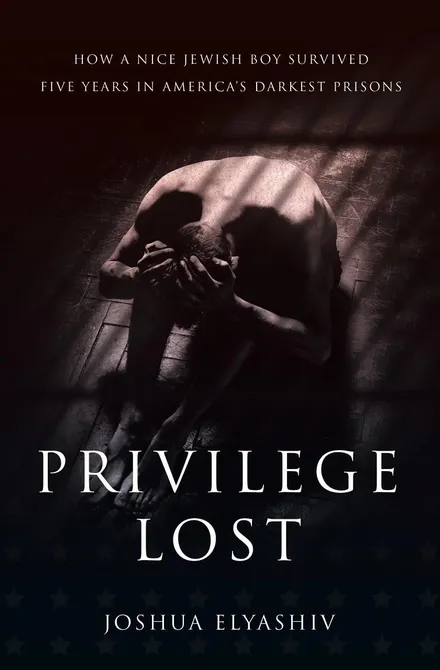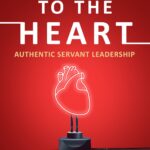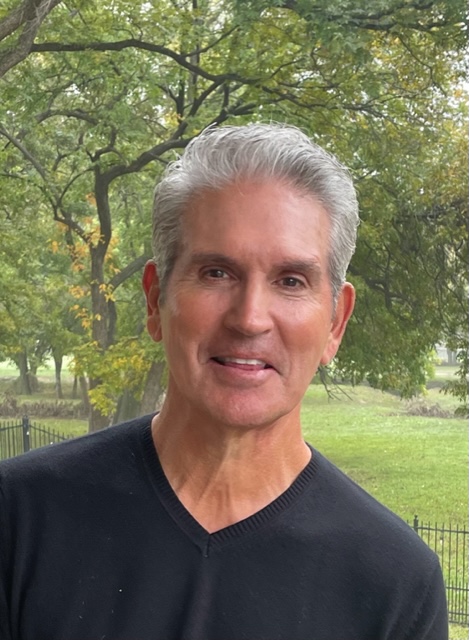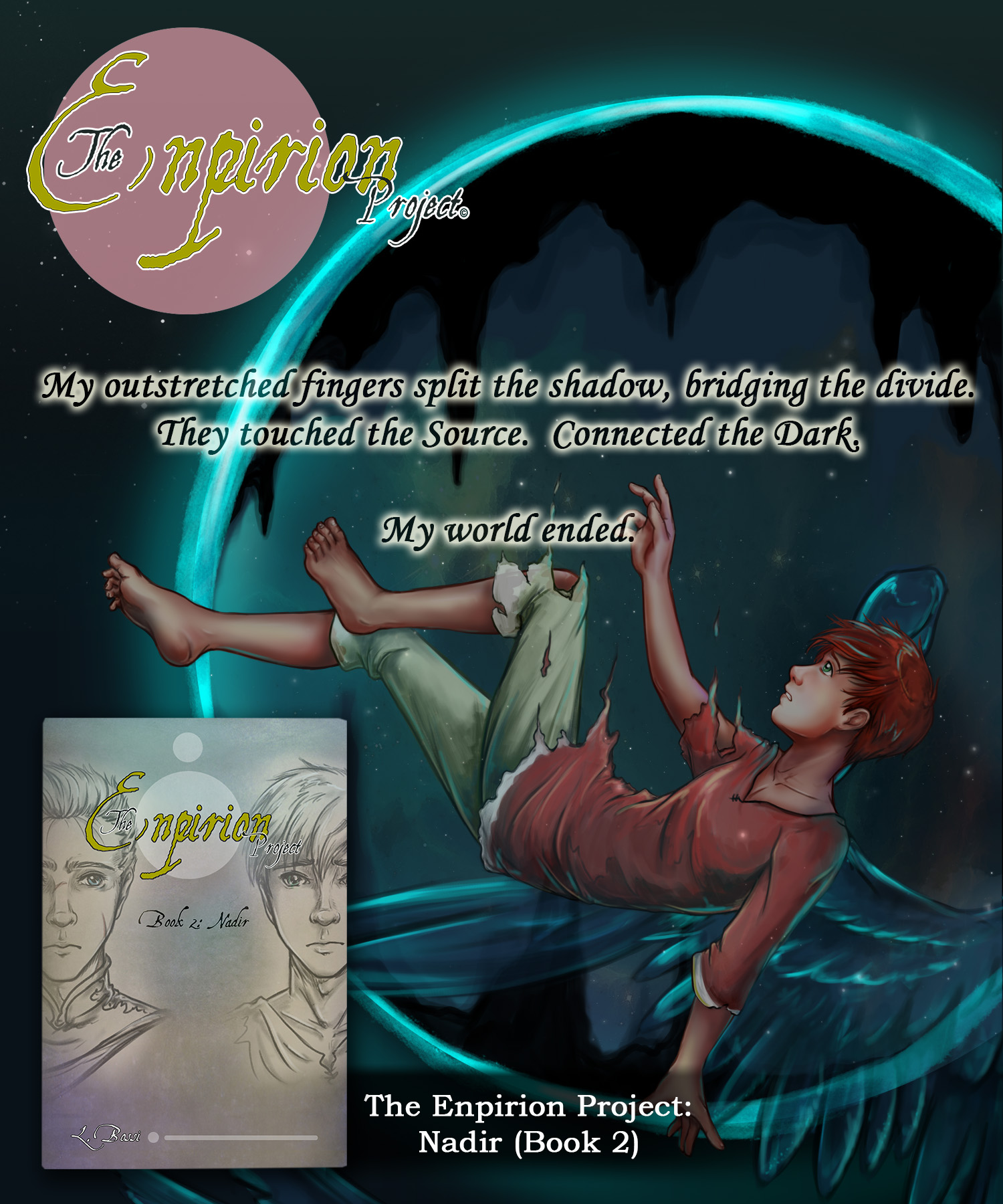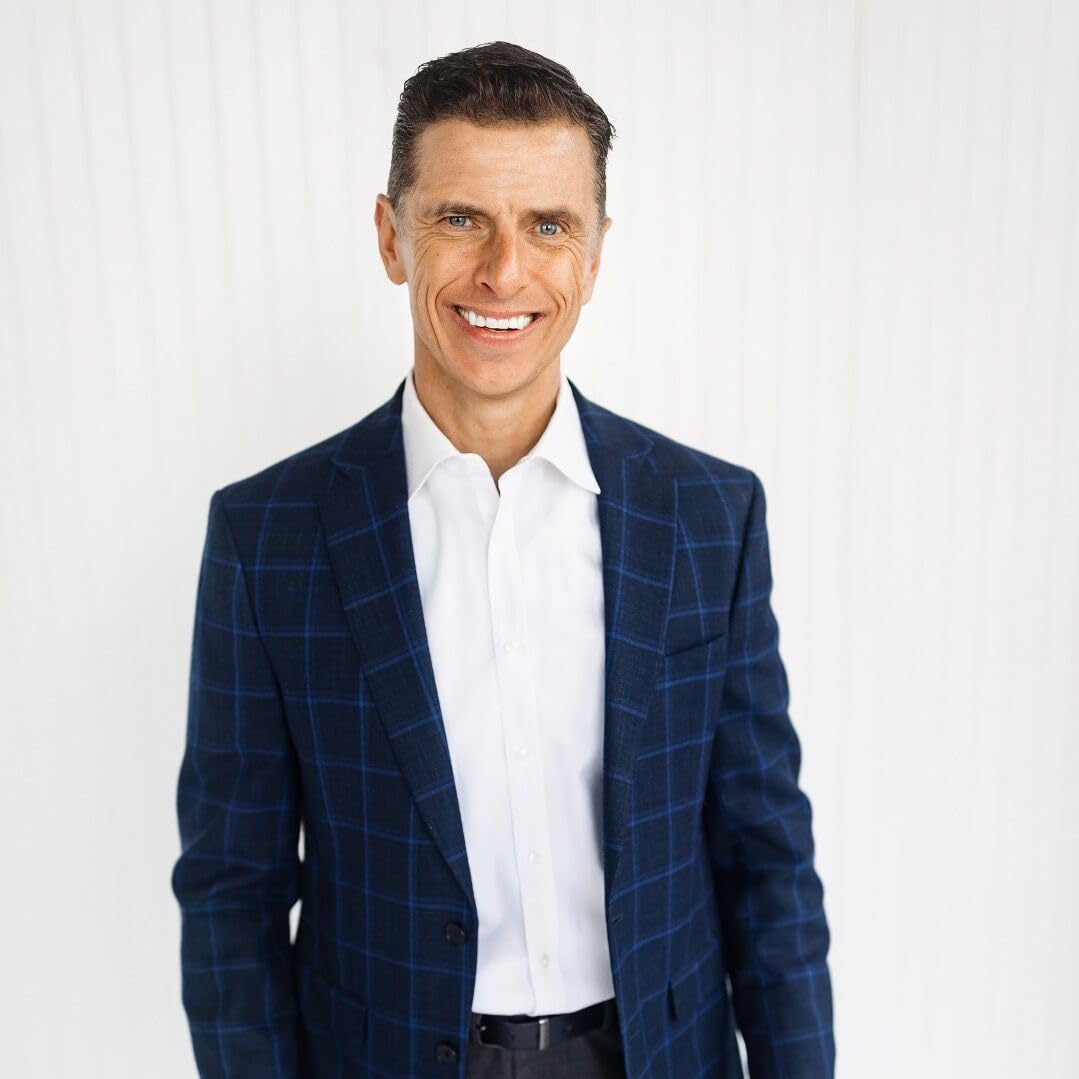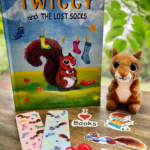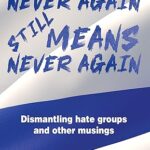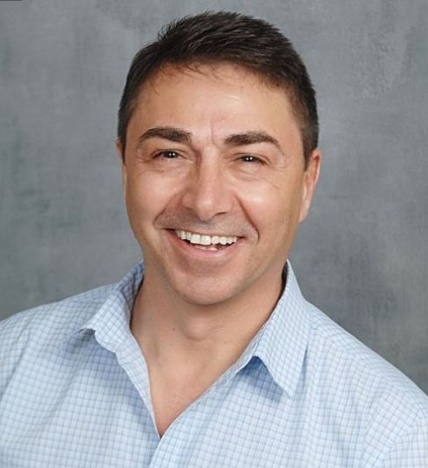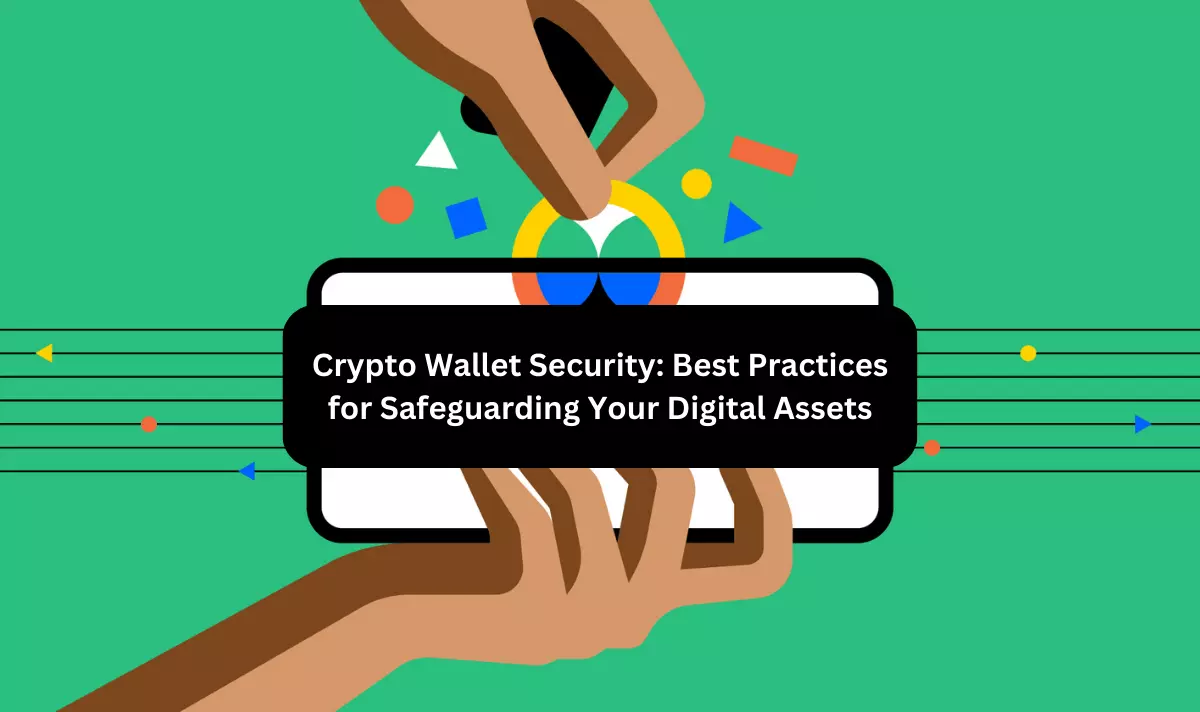Exploring Boundaries:
Your memoir explores boundaries across economic, cultural, racial, and religious lines. How did these diverse perspectives shape your experiences in the criminal justice system?
Thanks for starting with an easy question. When I first experienced the criminal justice system, I was a firm believer that the system was based in truth and justice. If I simply told the truth and cooperated, everything would work out. I was not a criminal, and I had never wanted to hurt anyone; I didn’t even know I had broken the law! I believed that anyone who had any interaction with law enforcement was guilty of something, even if the cops made a mistake, because there was no reason to even show up on a cop’s radar unless you were doing something sketchy. I believed that crime was more prevalent in black communities than in white, and that all criminals were violent and dangerous. As I lived, ate, drank, slept, wept, and worked next to these men from all races, religions, cultures, and economic backgrounds, I realized that the divide was fairly equal racially, and while yes, there were some people either who had done horrific things, everyone shared certain traits that bound all of us. We were all hungry. We were all miserable in the conditions. We all had some kind of story. We all had someone we cared about (even if some did not have anyone who cared about them). Regardless of where they came from, the system had failed them, and society had turned its back on them. That is a horrible feeling regardless of where you are from and what you believe.
There were certainly cultural differences, which I learned and was forced to embrace. The Latin community didn’t care what country you came from or what type of Spanish you spoke. You were immediately family until you did something to ruin it. That is a culture of community. The Jewish community was small but held its members to a higher standard of morality than any other. Color or nationality did not matter. Actions and morals did. The White supremacists and neo-Nazis didn’t hate Jews, they hated blacks. They tried repeatedly to recruit me despite knowing that I was a Jew, because I was a good fighter and that was what mattered to them. I generally kept my distance from them because that is a poor reason to associate with someone.
Content
Wide Open Eyes:
The description mentions looking across boundaries with “wide open eyes.” Can you elaborate on the moments or realizations that opened your eyes to the harsh realities within the criminal justice system?
There were certainly cultural differences, which I learned and was forced to embrace. The Latin community didn’t care what country you came from or what type of Spanish you spoke. You were immediately family until you did something to ruin it. That is a culture of community. The Jewish community was small but held its members to a higher standard of morality than any other. Color or nationality did not matter. Actions and morals did. The White supremacists and neo-Nazis didn’t hate Jews, they hated blacks. They tried repeatedly to recruit me despite knowing that I was a Jew, because I was a good fighter and that was what mattered to them. I generally kept my distance from them because that is a poor reason to associate with someone.
Something that really opened my eyes was discussed in the chapter “Tighten Up”. The gang culture was something that I had never experienced prior to this point. When I fought Gator, I assumed it was one-on-one. There is a code among the gangs that has a few variations but generally looks like this: “if a member of another gang wants to fight a member of our gang, it is one on one. If a non-affiliated person wants to fight a member of our gang, they get jumped. If a member of our gang’s knee touches the ground, we must jump in to teach a lesson.” I was forced to fight eight men who I had never met and had no issue with because I knocked a member of their “brotherhood” down.
Confronting the System:
In what ways does “Privilege Lost” confront the shortcomings and issues within the criminal justice system? Are there specific instances or systemic challenges that you highlight in the memoir?
Without a doubt. I discuss more than once about how the prison PR firms try to paint a picture that the family members bring the contraband in at visitation or throw it over the fences to the inmates. While this does happen, it happens so rarely that in 5 years, 2000 visitors per week per compound, and I heard about it twice, saw it zero times. What I did see was guards bringing it in and handing it to inmates, either to sell at 1000% markups or as payment for handling problems, ie killing an inmate the officer didn’t like. There was contraband smuggled in by staff on the food trucks as well. The PR firms will downplay or dismiss this, but I witnessed this at least once per month.
Cross-Cultural Reflections:
How did your memoir address the intersectionality of economic, cultural, racial, and religious factors within the context of the criminal justice system? Were there specific instances where these factors played a crucial role?
The guards generally knew who had money or influence. Those men were given more leeway, could come and go with less restrictions, and were generally more comfortable. Certain roles or positions within the prison industry also carried different treatment, but were off limits to less educated inmates, or certain religions, etc. For example, even though the chapel offered Jewish and Muslim services, Jews and Muslims were not allowed to work in the chapel. This was not written anywhere, but I was denied from working in the chapel at three institutions because I was Jewish. One institution allowed me to play in the praise band if I changed my religion to Christian. There were roles in the law library and the education programs that were only open to people who had diplomas and college educations, which by nature of cost and economics, generally meant that only white men worked in those locations with few exceptions. One of the best legal minds I have ever met was a black man who had no formal education and had dropped out of school in 4th grade, but he had been in prison for 50 years and had educated himself. I learned a tremendous amount from this man, and while I have filed at least a dozen lawsuits in the last ten years, I have never lost one because of the things I learned from this man. However, he was never allowed to work. In the law library despite his knowledge.
There were times I discussion how religion was often used as a mask for hate groups. Hebrew Israelites is a made-up religion that was born in the US Prison system. It is a messianic faith, that is anti-white and pro black, and twists all the bible to have a black supremacist spin. Their belief system comes from an uneducated American black man who woke up one day and proclaimed “God has sent me a vision. I am to be called Yahweh Ben Yahweh from now on!”. They think he is the reincarnation of Jesus, and he hates Caucasians. They are identified by the DOJ and BOP as a criminal organization like the gangs such as Bloods, Crips, Pagans, Hell’s Angels and Folk Nation.
Need for Reform:
Your memoir suggests that the criminal justice system is in deep need of reform. Can you discuss the reforms you believe are necessary based on your experiences? Are there specific changes you advocate for?
There are several things that need to happen, and I hope I can make them happen, but if there is money to be made exploiting men and women who made mistakes, it is an uphill battle.
The obvious answer is humane living conditions. There is no ac in Florida prisons. A prison reform project went around hosting a mock prison cell to bring awareness. At the university of Miami, visitors in shorts and tank tops were having panic attacks and mental breakdowns within 3 minutes, despite knowing they were going to be let out in 3 minutes and get AC and cold water. Men and women commit suicide each year to escape the unbearable heat.
The less obvious answers would be elimination of life sentences, elimination of mandatory minimums, elimination of using prison to warehouse the mentally ill, and elimination of incarceration for non-violent offenders. We are not the same person today as we were last week, let alone 20, 50, 80 years ago. Life sentences do not deter crime-they destroy families. Mandatory minimums are unreasonable and inhumane. I broke a man’s nose in self-defense, and even though he told the judge that he did not want me to go to prison but instead to just pay his medical bills, the court was required to incarcerate me for 5 years. The mentally ill are either predators or prey in prison, but do not belong there. Mentally ill need to receive treatment and help, but in Florida they are just housed as criminals to be victimized. Sadly, Florida did away with state funded mental health asylums many years ago and created this problem in doing so, at the behest of the for-profit private prisons. Finally, non-violent offenders do not need to be housed with violent offenders where they learn how to be violent offenders. They need to receive treatment or help. Non-violent offenders include addicts (who steal to support their addiction), DUI’s and possession charges. Alcoholism is a disease, not a crime. Marijuana is recreationally legal in most states now, decriminalized in most of the rest. Yet, we have men and women serving 20-year sentences for possession of marijuana. Non-Violent offenders are not bad people, they are people who need help but do not have anywhere to turn. This needs to change.
And I will be the one who says it: Rolling back Roe V Wade is going to lead to a huge increase in crime in 20 years. The decrease in crime through the 90s and 2000’s was not a result of republican or democratic policies, or good economics, war time or peace time. It was a result of 2 entire generations of unwanted children NOT being born to parents who could not afford them or did not want them. That, because of legalizing abortion and providing access even to the poor, reduced violent crime and addiction. That would be a major step in the right direction as well.
Impact on Different Communities:
How do you think your memoir will resonate with individuals from different economic, cultural, racial, and religious backgrounds? What messages or insights do you hope readers from various communities will take away?
I think that my book resonates with those who have been to prison or have loved one in prison, because it provides validation for their struggles and suffering. My voice is unique, but my story is common. Those who endure what I did typically do not survive to talk about it, or do not have the education or resources to tell their story in a way that makes people want to listen.
I know that my book resonates with the middle- and upper-class Americans, because I am the boy next door. I am charming, smart, handsome, charismatic, educated, hardworking, respectful, and kind. I walk into a room, and everyone notices. I speak, and everyone listens. I could be the son, grandson, brother, nephew, cousin, husband, or father to 90 percent of Americans. If this could happen to someone like me, it could happen to anyone! That is the message that rings loud and engages republicans and democrats, old and young, educated and working class, male and female, regardless of gender, sexual orientation, or religion. I grew up in wealthy, safe, white suburbia. Until my book came out, these types of events were distant, only in the poor communities or third world countries. Middle- and upper-class Americans pay no notice because they were safe in their gated communities with their college educations and six figure incomes. Hate to break it to them, but I own a home in a gated community, have a college education, and make a 6-figure income. I grew up in those communities with all the safety they have. I blur the lines between economic divides and connect with all walks and backgrounds because I showed that loss, suffering, survival, hope, love and kindness are not limited or exclusive, and are something we all share and are not protected from or immune to.
Personal Reflection on Reform:
In your personal journey, did you experience or witness any moments that made you realize the urgent need for reform within the criminal justice system? How did these realizations shape your perspective?
I met men who were incarcerated for life without parole, who had been on parole successfully for years and had their parole revoked because a law changed. John Trueblood was the band leader and mentor in my book. He was a Vietnam veteran service life without parole who this happened to. I met men who were serving life sentences because they were stealing a tv from an empty home, and the homeowner came home mid theft. That changed it from a burglary of an unoccupied dwelling with a 5-year max to home invasion, which carried a life sentence. The law specifies that intent matters, and his intent was to steal a tv to pay for his addiction when there was no one home. It was not to enter an occupied home. This man, Shane Runkle, saved my life and made sure I came home. He also happened to be a Unite States Marine Corps Veteran.
There were similar situations, men who were in prison because they had gotten 5 DUI’s that had no victim and no property damage, but the law said upon number 5, they had to go to prison. Why prison? Why not rehab? Cleary, they have an addiction, not an intent to commit a crime.
However, the biggest thing that made me realize the need for reform was also when I realized that I had white privilege; I was tortured for a year. Beaten three times per day while cuffed and shackled. Starved. Forced to eat fecal matter and lick guard’s boots. I am an educated Jewish male from an educated and well-off family. If this was happening to me, with family who cared enough to call the facility and try to locate and check on me, then what was happening to the men and women with no money, no education, no family? If I was a black male from a poor, multi-generational redlined community, I would have been murdered by the guards and no one would ever have known. If it was happening to me, it was happening to others. The guards were far too comfortable doing it, far too confident and relaxed; it was not their first time, I was not their first victim.
Advocacy and Awareness:
Beyond the memoir, do you see yourself engaging in advocacy or awareness campaigns related to criminal justice reform? How can readers become involved or contribute to the cause?
Absolutely. I am engaged in several efforts, not the least of which is changing to a vegan lifestyle. I was kept in a cage, tortured, oppressed, exploited. I was scared, hopeless, alone. How can I eat animals knowing that in doing so, I am condemning other living beings who feel pain and fear to the same conditions and treatment? I am involved in prison reform advocacy groups on Facebook, and I am really hoping that I can eventually partner with Piper Kermin in her established advocacy through JustLeadershipUSA, Healing Broken Circles, and the Innocence Project.
I will be attending law school at Nova Southeastern University shortly. My end goal is to become a lawyer so that I can fight for change by speaking for the voiceless and the unseen. I intend to represent those who cannot speak. Animals in the animal agriculture industry, men and women who have been over sentenced or wrongfully incarcerated, and for the veterans who come home and struggle silently.
Collaborative Solutions:
Addressing complex issues often requires collaboration. Do you believe there is room for collaborative efforts between different communities and stakeholders to bring about positive change in the criminal justice system?
Absolutely! That is what I am hoping will happen. I am hoping that when the people who read my book realize how flawed our system is, how corrupt our law enforcement is, and that we all bleed red, there will be people all over the country who get out and vote for reform, choose better elected officials who are not owned by the private prison system and the lobbyists, who push for better use of recourses to help addicts and mentally ill rather than house them in prison, that major companies like Facebook, Microsoft, JP Morgan Chase, and others will open their doors to hiring convicted felons rather than excluding them because of a mistake 5, 10, 20 years earlier. In Florida, the only jobs that convicted felons can get is entry level fast food, restaurants, and construction. Even in construction, it is nearly impossible to get licensure which puts a salary cap on any position. They cannot get a job as a bank teller or janitor in a bank or school. They cannot get any job in government, in any capacity. They cannot pass the bar unless they can afford to pay to get their rights back. They cannot get licensed in healthcare as a nurse or doctor, physical or occupational therapist, home healthcare for the elderly, etc. They can never teach or work in public schools or state universities. They rarely will get chosen for management even in construction or fast food. Despite all the trauma they survived, they are not allowed to work in psychotherapy as a grief counselor or mental health professional. They cannot work in pharmacies or dispensaries. Most certainly they cannot become law enforcement officers or even firefighters.
Why? Because they made a mistake many years earlier, served their time, but now society needs to hold them down to make sure they never succeed? It only continues the cycle. I hope that the bar will open to us because who will fight for those accused of a crime harder than those who have served time and know the horrors of captivity? I hope they allow ex-cons to work in healthcare because who values health and well-being, WITH bedside manner, more than those who were denied it? I hope that the education system opens its doors to felons because who better to teach the next generation than someone who knows where a lack of education can land you?
Intersectionality in Adversity:
Explore how intersectionality played a role in the adversity you faced. Did certain aspects of your identity intersect to create unique challenges within the criminal justice system?
I almost didn’t answer this question because my answer is sure to rile readers up. I have a few things that created intersectionality and affected the adversity that I faced. I am white, Jewish, a US Marine Corp Veteran, a highly trained fighter with cauliflower ear to prove it, highly educated and well spoken, and neurodivergent.
Being white made me a target because the white man is hated and blamed for all the problems in the non-white demographics. Some is justified, some is not, however my grandparents came through Ellis Island after liberation from the concentration camps in WW2. I am not the white that owned slaves in South Carolina.
Being a Jew made me the enemy of the whites in prison, because I was the wrong kind of white. To them, I was almost as despised as being black.
Not speaking Spanish fluently made me a gringo, which didn’t make me any enemies but also prevented inclusion in the only group that didn’t hate me.
I was white to the blacks because of my skin color, black to the whites because of my nationality and nothing to the Latins because I was not fluent. I was on my own. I was alone.
If that was not enough, I have military tattoos and the build and markings of a professional fighter, plus there had been newspaper articles about me that touted me as a dangerous martial artist who had taught the government and military how to be more dangerous. Every man who thought he was a tough guy from the streets, or the hood wanted to pick a fight with me just to test his “heart” against my formal training. I cannot count the number of times I was told “I don’t see that karate shit. That shit doesn’t work”, right before someone started a fight with me. Likewise, I cannot count the number of times I was told “Marines aren’t that tough without your guns. Yall fight like a bitch.”
That was just with the inmates. The courts punished me harder because I was a military veteran with a martial arts background and so I “should have had more self-control and discipline.” The guards either loved me because I was a veteran who was respectful, well-spoken and obedient, or they hated me because I shamed the military, and they were disgusted that I had brought disgrace on the Marines and our nation. It was all very confusing, and I had to keep track of all of it and remember who felt what to adapt my behavior towards them accordingly in the manner that would prevent conflicts or minimize trouble. And I had to do this while learning Ebonics, a completely foreign language and culture to me. Truthfully, learning Spanish is easier because it makes sense.
Hope for the Future:
Despite the harsh realities discussed in the memoir, do you see hope for positive change in the criminal justice system? What would you like readers to take away in terms of hope and potential solutions?
Like Martin Luther King Jr. said, “The arc of the moral universe is long, but it bends towards justice.” I do believe that we are slowly getting better, however much too slowly. For an advanced society, we incarcerate and abuse our population much like prisoners were treated in 900CE, when a bird landing on your roof was a sign that the gods were unhappy and your mother was cursed, unless the bird flew towards the sun in which case you were to march to war for the gods have blessed you with an omen. The recent attention to cases like George Floyd and Breonna Taylor, Ahmoud Arbery and Tamir Rice has lit a fire across America to change. We are collectively tired of oppression in all its forms, gender, sexuality, religion, race, etc., and I think that my voice and story sheds light on a deeper issue. The brutality and abuse that is seen in the news is the symptom and byproduct of a sickness in our nation that runs much deeper, and as the world hears my voice and others, it will certainly move from paying settlements to the families that make headlines towards tearing apart and rebuilding the underlying systems that are archaic and filled with decay and corruption: the judicial system, the law enforcement warrior culture rather than diplomate and servant culture, and the correctional institutions that are medieval and removed rehabilitation from their statutory mandate years ago. If we follow Denmark, Norway, Sweden, and other European countries which have less than 1 percent recidivism and which have not had an officer involved death in over 20 years, we will require that all law enforcement gets 4 years of full-time training in mental health, negotiation and de-escalation, addiction and medicine, compassion and outreach, AND law, rather than firearm use, we can get there. But this cannot happen without starting entirely over. We cannot allow any of the current law enforcement culture to carry over into the new one, and that will likely be the sticking point. I think it is possible and I hope that my book may be the spark that unites the fire already burning in parts of our nation with the nearby powder keg that is the rest of us
Reader Engagement:
How can readers actively engage with the themes of your memoir and contribute to the broader conversation on criminal justice reform?
I would direct them to listen to my podcast, Losing Privilege, listen to my music, and read my book. After that, I would suggest that readers take those above-mentioned things and march on Tallahassee, or the capitol in their respective states, and ultimately on to Washington DC. Get out and vote, for things that matter. Bring back women’s right to choose first and foremost as that has already shown to be the largest deterrent to crime and the most powerful tool to reduce the prison populations nationwide. Vote for politicians who make justice rec=form a priority, not just a thing they throw into their speech just to touch all the bases. This is generally not republican agendas, so I would advise people to ignore party affiliation and vote for the people who are going to fight for the things that matter regardless of what party they belong to. If you do not vote, of you vote for a horrible person who doesn’t care about our lowest classes of citizen because you are expected to vote your party, your race, your gender…well, nothing will change.
Aside from voting, start with small acts of kindness. You do not need to give money or do anything big. In summer, I carry a case of water with me wherever I go and hand them to every homeless person I see. It is hot in south Florida 9 months of the year. If they must steal to survive, they will. I would too. So, I give them water. If I am grabbing a cup of coffee from Dunkin or Starbucks and there is a homeless person outside, I get a second coffee for them and give it to them on the way out. Cost me what, a dollar at Dunkin and 3 bucks at Starbucks? Not the end of the world for me but it might be the one act of kindness that they needed to make it another day, or to avoid committing a crime.
Instead of buying coffee for a cop, or the person behind you in line who can clearly afford it, give that kindness to someone who’s entire life may be saved by something that small. They might be ready to commit suicide because they feel invisible or alone. The cop does not. Instead of paying for the police officer’s lunch, tell the manager that you want to prepay for a meal that they can give to someone in need who cannot pay.
If you are feeling brave and want to be more directly involved, go to your local jail or prison and sign up to be a volunteer. Usually, this is through the chapel programs, but it is the volunteers who remind inmates they are human, they are loved, and they are not alone. These are the simple, basic things that change lives now, in the moment, rather than waiting for the entire establishment to change.
Maybe the most meaningful and immediate change readers can act upon is hiring. If you have 2 applicants for a position, hire the one with the criminal record even if they are less qualified. The other candidate has many options, while the one with the criminal record has very few. Speaking from experience, when I was given a chance fresh out of prison, I had an almost blind loyalty to the man who hired me. I was determined to be the best employee he had ever had, and I was. I did not want to let him down because he gave me a chance. So, take the chance, and give them a second chance at a normal life. End the cycle by being the one who hires them. Plus, if you hire them, you get a massive tax credit for the first two years of their employment, up to 50% of their salary if I am not mistaken, so it is a win-win.
On a separate note, when you witness a cop show kindness and compassion to someone who maybe didn’t deserve it, acknowledge the cop. Thank him for that. That officer is going against a 100-year-old culture and is usually risking his career to let someone go with a warning rather than taking their freedom away. If more cops get that recognition, more will do it. They need to feel seen and appreciated too, but we need to appreciate them when they do good, rather than when they use brutality and violence to “protect”. And lastly, although this may be controversial, we need to teach our children to respect law enforcement, but not trust them. Until the culture undergoes widespread change, blind trust in a broken institution only perpetuates the corruption. Respect them for sure, they have guns after all. Do not fear them but be wary of them until they show that they are part of the new breed that focuses on de-escalation rather than subjugation.
Get eBook Now
Useful Links:
Website: https://www.joshuaelyashiv.com/
Amazon: https://amzn.to/4c8Cz0J
Facebook: https://www.facebook.com/joshuaelyashiv.official/
Instagram: https://www.instagram.com/joshuaelyashiv/
Product Details
Author: Joshua Elyashiv
Kindle Price: $2.99
ASIN: B0CQ6SCZLD
Publisher: Mindstir Media (December 12, 2023)
Publication date: December 12, 2023
Language: English
File size: 1365 KB
Simultaneous device usage: Unlimited
Text-to-Speech: Enabled
Screen Reader: Supported
Enhanced typesetting: Enabled
X-Ray: Not Enabled
Word Wise: Enabled
Sticky notes: On Kindle Scribe
Print length: 231 pages
Best Sellers Rank: #611,594 in Kindle Store
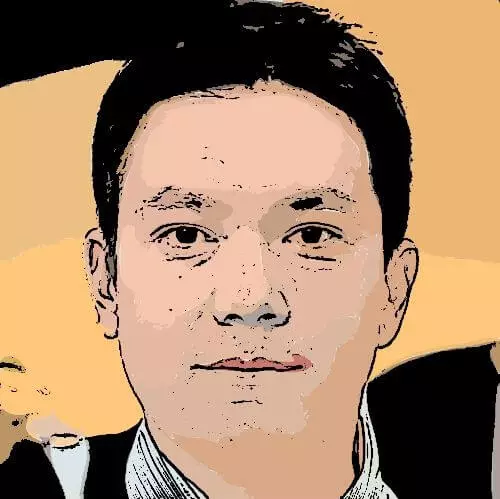
A business blog writer at the age of 19, Francis is a jack-of-all trades when it comes to writing. He specializes in content creation for businesses and blogs. With years of experience under his belt, he’s able to provide both written and video content that will engage readers and viewers alike!

